save tomato seeds
Yes, this is a spruced up picture of mold. In order to save your favorite tomato seeds for next year, you need to remove the gelatinous coating that keeps them from germinating inside the tomato fruit.
In nature, the tomato will eventually fall to the ground and for lack of a better word, rot. While it is turning to mush on the ground, the pulp and juices ferment and break down the gel around the seeds, allowing them to germinate.
Since we normally pick the tomatoes from the vine before this happens, we need to mimic the process to obtain the fertile seeds ready for germination.
Just think of this as a science experiment dedicated to the fermentation process. It kind of smells, but it is not too bad.
 Choose your favorite healthy tomatoes, the open pollinated variety (the other ones won’t come true from seed). Label the jars the pulp is going in with the type of tomato and the date. Choose your favorite healthy tomatoes, the open pollinated variety (the other ones won’t come true from seed). Label the jars the pulp is going in with the type of tomato and the date. |  Slice the tomatoes across the equator. It makes it easier to scoop up the pulp. Slice the tomatoes across the equator. It makes it easier to scoop up the pulp. |  Scoop up the pulp inside the… Scoop up the pulp inside the… |  …corresponding labeled jar. …corresponding labeled jar. |
 Cover the seeds and pulp with half a cup of water. Cover the seeds and pulp with half a cup of water. |  Cover the jar with a clean coffee filter and place in a warm place to ferment. It doesn’t smell good, so don’t place it somewhere where the smell would bother you. Cover the jar with a clean coffee filter and place in a warm place to ferment. It doesn’t smell good, so don’t place it somewhere where the smell would bother you. |  After a few days (3 or more) the mixture will ferment and start developing mold at the surface. This means the gel that coats the seeds has broken down and they can be cleaned up and dried. After a few days (3 or more) the mixture will ferment and start developing mold at the surface. This means the gel that coats the seeds has broken down and they can be cleaned up and dried. |  Thoroughly remove all mold, fermented pulp and sterile seeds by adding water to the jar and pouring out everything that floats on top. After a few rinses, the water will run clear and the healthy and fertile seeds will sink to the bottom. Strain them, pour them on a paper towel and pat them dry, then spread them out to dry on a paper plate, marked with the type of tomato and the date. After they dry, place them in labeled paper bags for spring. Thoroughly remove all mold, fermented pulp and sterile seeds by adding water to the jar and pouring out everything that floats on top. After a few rinses, the water will run clear and the healthy and fertile seeds will sink to the bottom. Strain them, pour them on a paper towel and pat them dry, then spread them out to dry on a paper plate, marked with the type of tomato and the date. After they dry, place them in labeled paper bags for spring. |




 Previous Post
Previous Post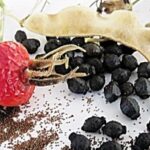 Next Post
Next Post
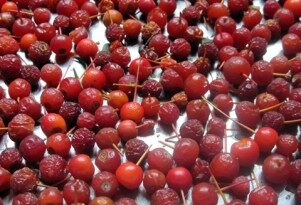
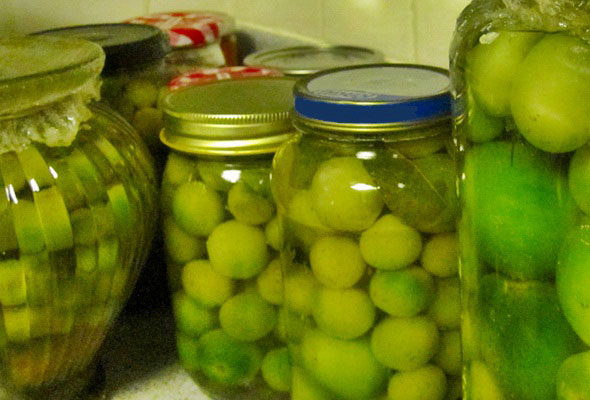
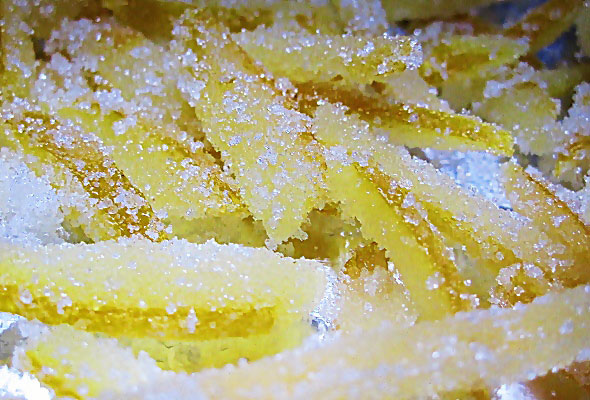

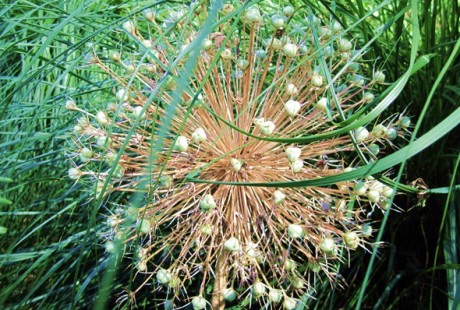
Can you tell me more about the seeds?
What would you like to know?
How much do you pay for seeds?
I would say something between $20 and $30 a year.